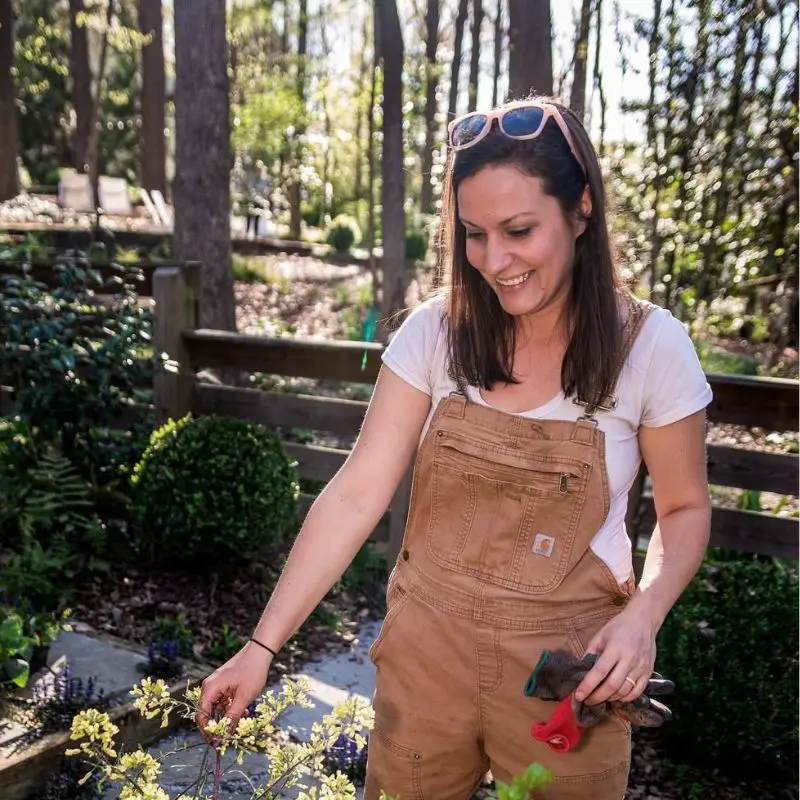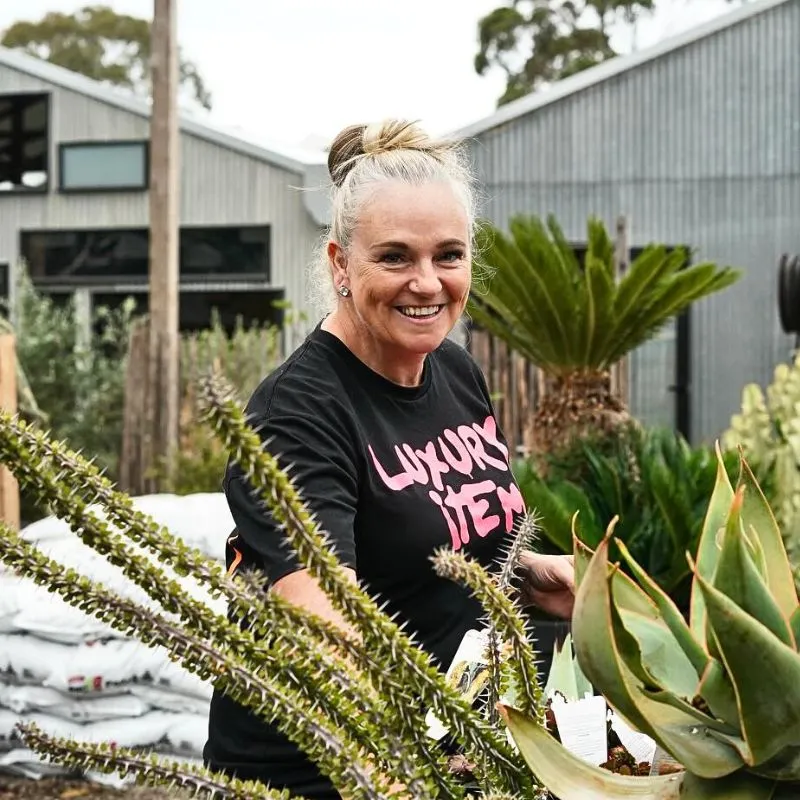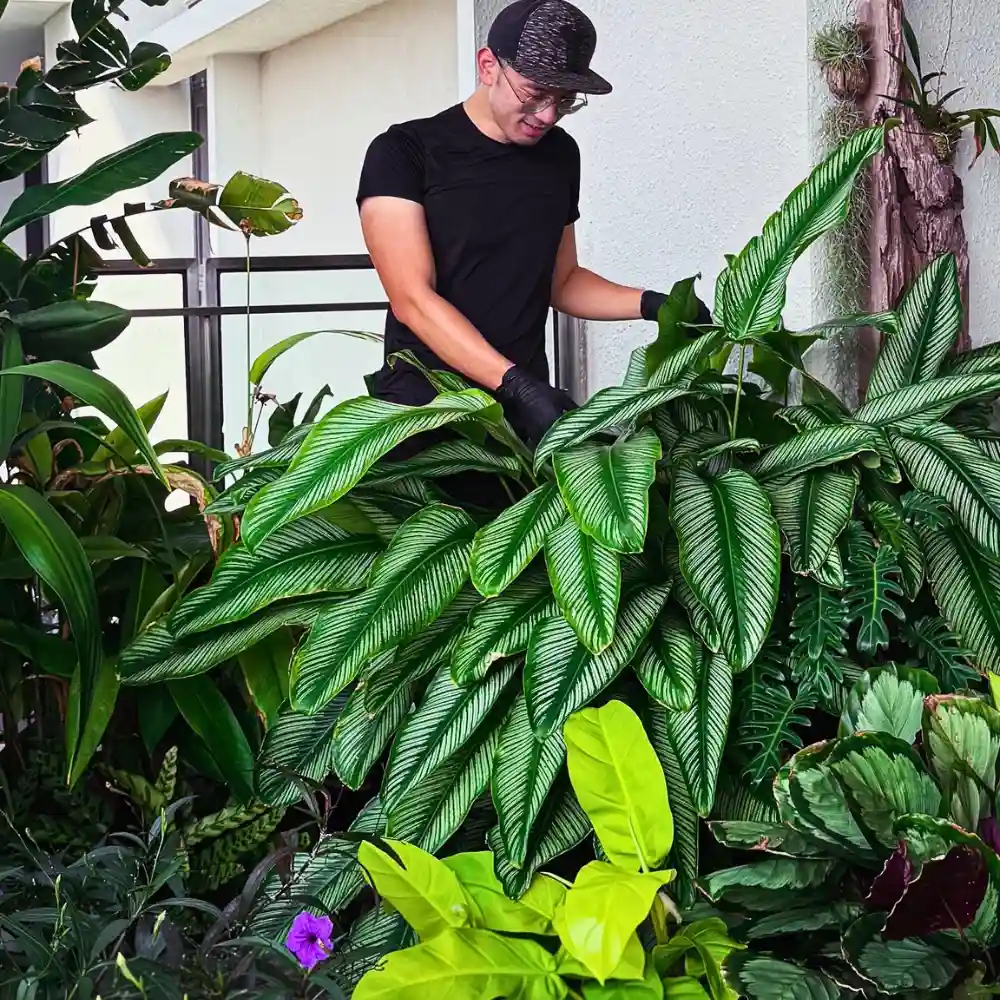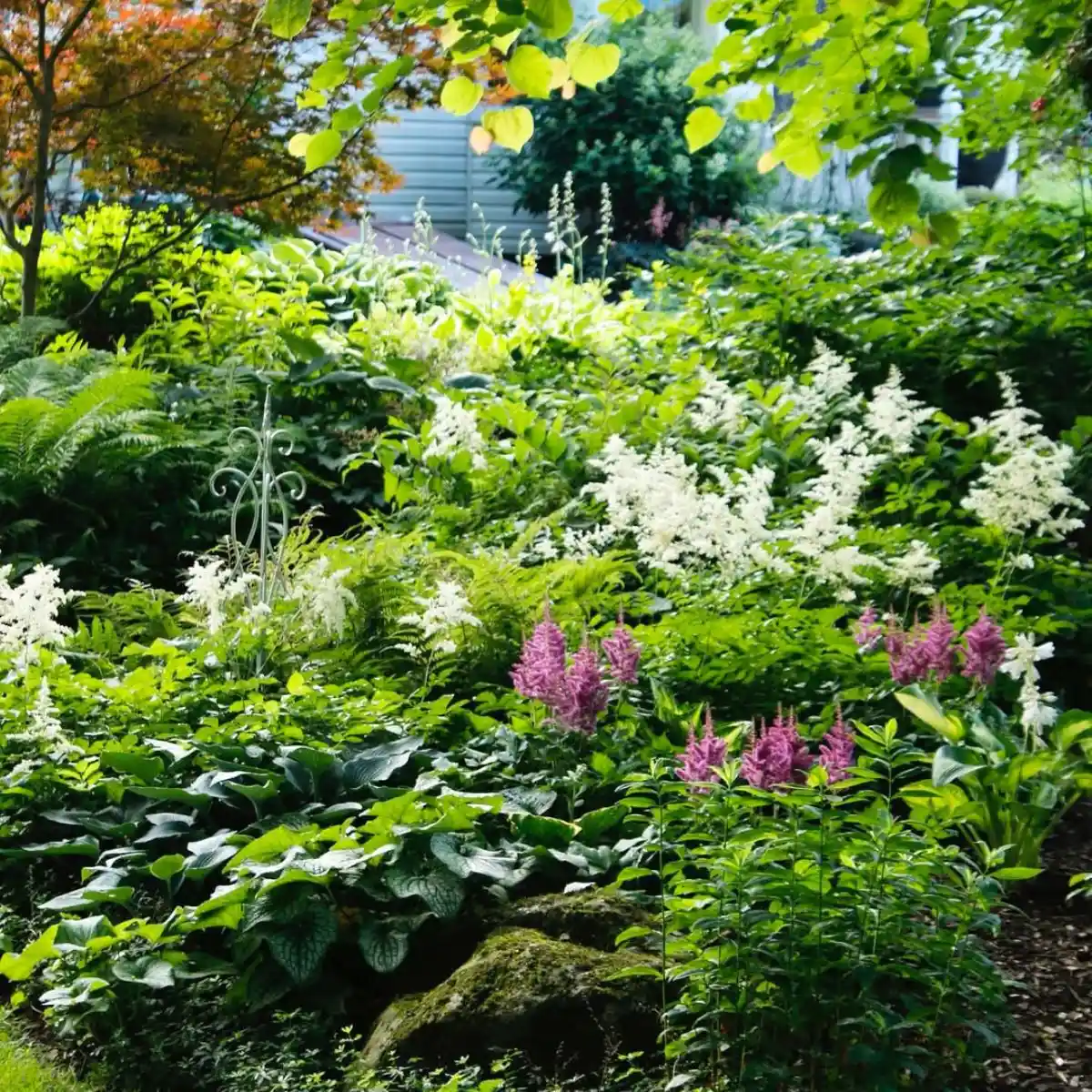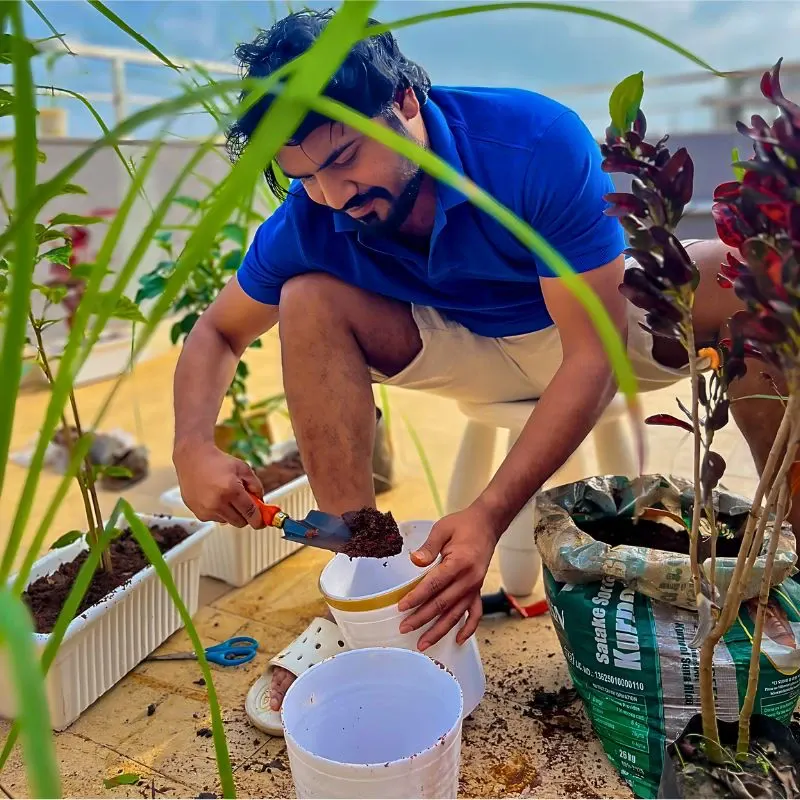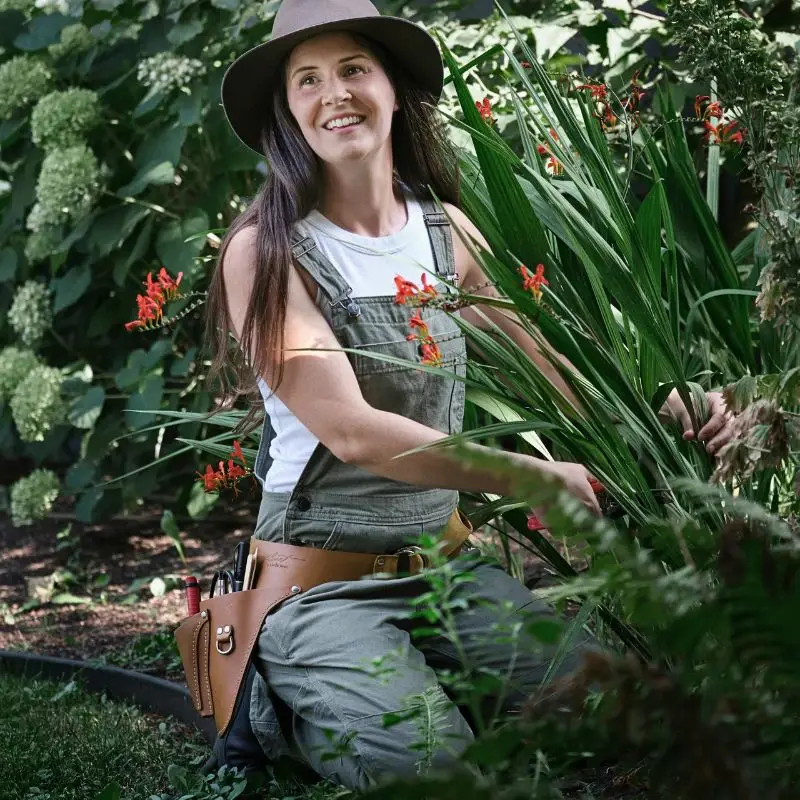As a student living in an urban environment, the idea of gardening may seem like a distant dream. However, with the rise of urban plant parenting, you can now bring the joys of nurturing greenery right into your living space. Whether you have a balcony, a windowsill, or a corner of your room, urban gardening offers a refreshing escape from the concrete jungle and a chance to connect with nature.
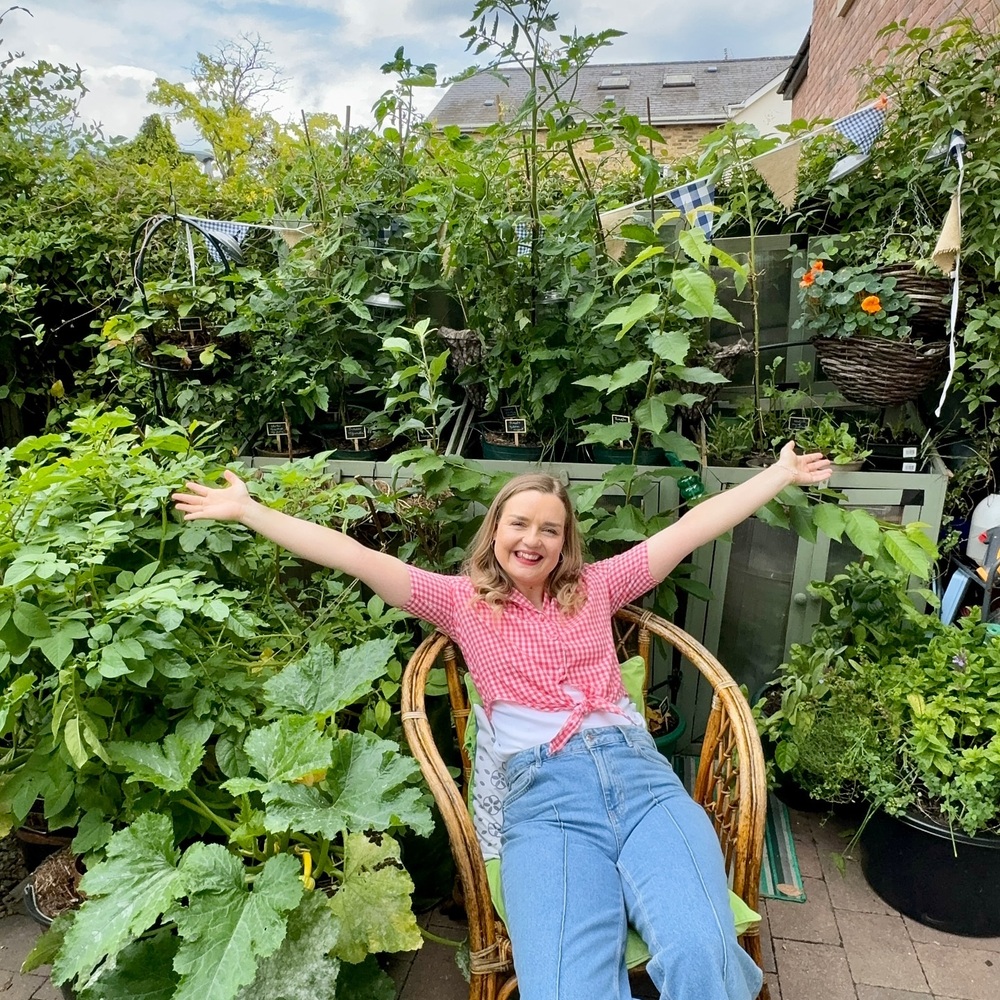
Benefits of Gardening for Students
Before we dive into the basics of urban plant parenting, let's explore the numerous benefits that gardening can offer students like yourself.
- Stress Relief: Have you ever faced a situation where you thought, “I wish someone would write my paper for me”? Requiring professional assistance is a trend among stressed students. Fortunately, tending to plants has been proven to reduce anxiety levels, providing a much-needed respite from the demands of academic life.
- Improved Mental Health: Gardening can boost your mood, increase focus, and promote a sense of accomplishment as you witness your plants flourish under your care.
- Connection with Nature: In the midst of bustling city life, gardening allows you to reconnect with the natural world, fostering a deeper appreciation for the environment.
- Sustainable Living: By growing your own produce or herbs, you can contribute to a more sustainable lifestyle and reduce your carbon footprint.
- Culinary Adventures: Imagine the satisfaction of harvesting fresh ingredients from your urban garden and incorporating them into your meals. It can be a true culinary delight!
Essential Tools and Supplies for Student Gardeners
To start gardening, you'll need a few essential tools and supplies. Don't worry; we've got you covered with a comprehensive list.
- Containers: Choose pots, planters, or even repurposed household items like old buckets or tin cans to house your plants.
- Potting Mix: Opt for high-quality potting soil or create your own by mixing compost, perlite, and vermiculite.
- Gardening Tools: Invest in a basic set of tools, including a hand trowel, pruning shears, and a watering can or spray bottle.
- Grow Lights (Optional): If you plan on growing plants indoors with limited natural light, consider investing in grow lights to supplement their lighting needs.
- Fertilizers: Choose organic fertilizers or make your own compost to provide essential nutrients for your plants.

Selecting the Right Plants for Your Urban Garden
Not all plants are created equal when it comes to urban gardening. Consider the following factors when choosing your plant companions:
- Space Requirements: Assess the available space in your living quarters and select plants that can thrive in the allocated area.
- Light Conditions: Observe the light patterns in your space and choose plants that match the available light levels (e.g., low light, partial shade, or full sun).
- Maintenance Needs: Consider your schedule and opt for plants that align with the time and effort you can dedicate to their care.
- Air Purification: Certain plants, like peace lilies and snake plants, are known for their air-purifying abilities, making them excellent choices for indoor gardens.
Here are some popular options for urban gardens:
- Herbs (basil, mint, rosemary)
- Succulents (echeveria, jade plant, aloe vera)
- Leafy greens (lettuce, spinach, kale)
- Flowering plants (African violets, begonias, orchids)
- Edible plants (tomatoes, peppers, strawberries)
Tips for Creating a Successful Indoor Garden
Indoor gardening presents its own set of challenges, but fear not! With the right strategies, you can create a thriving indoor oasis.
- Maximize Natural Light: Position your plants near windows or skylights to take advantage of natural light sources.
- Rotate Plants: Rotate your plants regularly to ensure even growth and exposure to light.
- Humidity Control: Use a humidifier or pebble trays to maintain optimal humidity levels for your plants.
- Temperature Regulation: Monitor the temperature in your living space and adjust it accordingly to suit your plants' preferences.
- Proper Drainage: Ensure your containers have adequate drainage holes to prevent waterlogging and root rot.
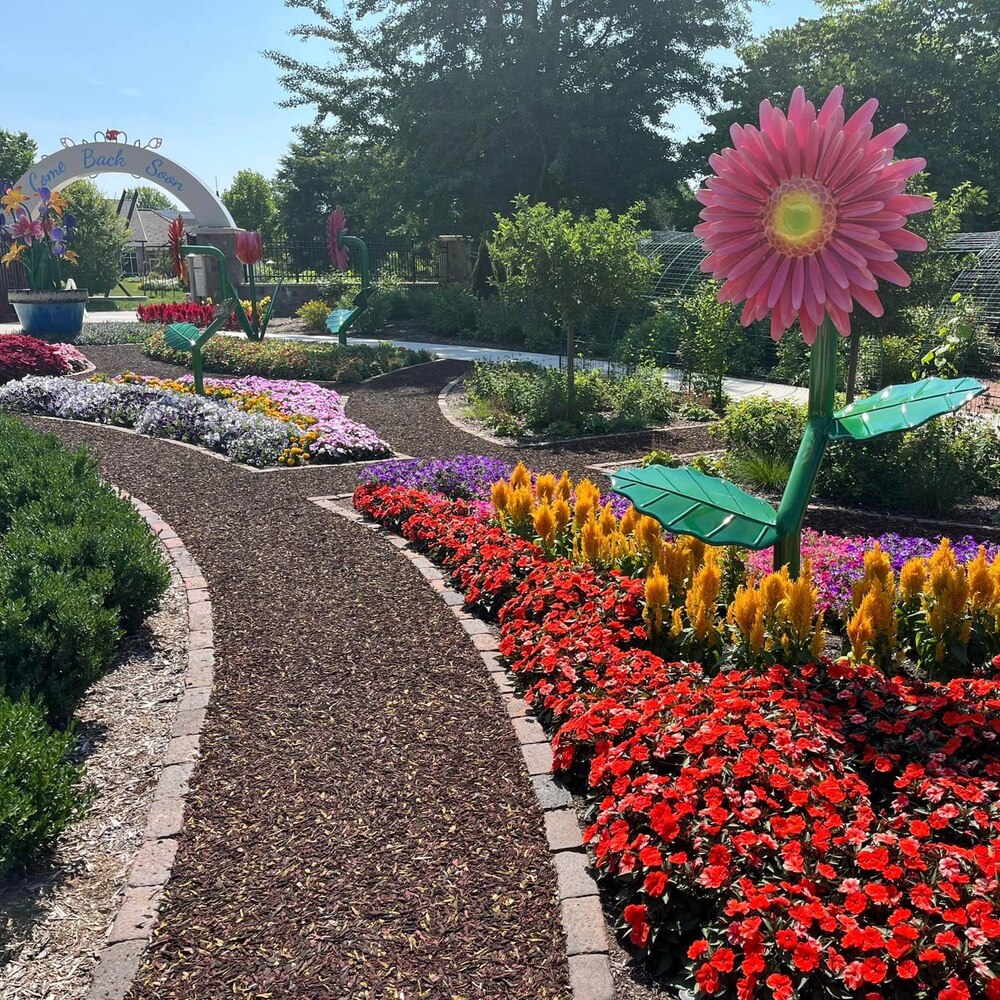
Caring for Your Plants: Watering, Fertilizing, and Pruning
Proper care is crucial for the health and longevity of your urban garden. Here are some essential tips.
Watering:
- Develop a consistent watering schedule based on your plants' needs and the potting mix's moisture levels.
- Check soil moisture regularly by inserting your finger into the soil or using a moisture meter.
- Avoid overwatering, as it can lead to root rot and other issues.
Fertilizing:
- Provide your plants with the necessary nutrients by incorporating slow-release fertilizers or organic compost into the potting mix.
- Follow the recommended dosage and application schedule for your specific plants.
- Consider using liquid fertilizers or foliar sprays for an additional nutrient boost.
Pruning:
- Regular pruning encourages healthy growth, improves air circulation, and maintains the desired shape of your plants.
- Remove dead or damaged leaves and stems to prevent the spread of diseases.
- Prune flowering plants after they have bloomed to encourage new growth and blooms.
Maximizing Space With Vertical Gardening Techniques
Limited space doesn't have to limit your gardening ambitions. Vertical gardening techniques can help you make the most of your urban environment.
- Hanging Baskets: Suspend planters from ceilings, walls, or shelves to create a cascading garden.
- Wall-Mounted Planters: Install vertical planters or living walls to transform bare walls into lush green spaces.
- Tiered Shelving: Utilize multi-level shelving units or stackable planters to create a vertical garden oasis.
- Trellises and Cages: Train vining plants like tomatoes or cucumbers to grow upwards using trellises or cages, maximizing vertical space.

Creating a Sustainable and Eco-Friendly Urban Garden
As an urban plant parent, you have the opportunity to contribute to a more sustainable and eco-friendly lifestyle.
- Composting: Reduce waste by composting organic matter from your kitchen and garden, creating nutrient-rich soil for your plants.
- Rainwater Harvesting: Collect and store rainwater for watering your plants, reducing your water consumption.
- Organic Gardening: Embrace organic gardening practices by using natural fertilizers and pest control methods, minimizing the use of harmful chemicals.
- Repurposing Materials: Get creative by repurposing household items like plastic bottles, tin cans, or wooden crates as planters, reducing waste and adding character to your urban garden.
Embracing the Joys of Urban Plant Parenting
Whether you're cultivating a lush herb garden, nurturing a collection of vibrant succulents, or experimenting with vertical gardening techniques, the joy of watching your plants thrive is a priceless reward. So, roll up your sleeves, grab your gardening tools, and become the urban plant parent!


